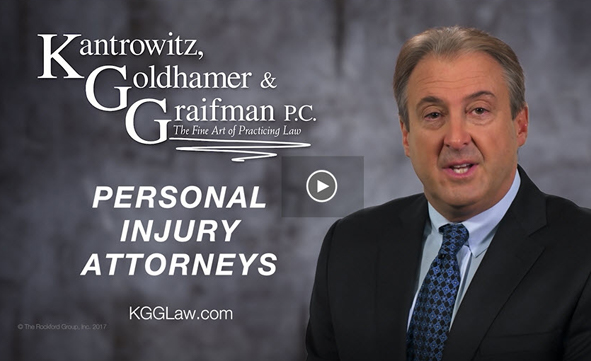When a workplace accident results in serious injury, employees are typically entitled to worker’s compensation benefits, also known as workman’s comp. This state-mandated insurance program provides compensation for medical and hospital expenses related to the occupational injury, as well as disability payments while you’re out of work. Worker’s comp also covers diseases or illnesses that are the direct result of workplace conditions, in addition to work-related cumulative trauma injuries such as carpal tunnel syndrome that develop from repetitive motions and positions.
There is often some anxiety about returning to your old job after filing a worker’s comp claim and receiving benefits. Worker’s compensation laws do not require that employers hold your position open while you’re out of work on medical leave, but the vast majority of employers do. It’s always a smart idea to maintain open communication with your employer about your recovery process, ongoing care needs, and anticipated date of return.
The following are answers to frequently asked questions about returning to work after getting workman’s compensation benefits.
Getting medical treatment after returning to work
Depending on the nature of your workplace injury and your physician’s recommendations, you may still need medical treatments after returning to work. In most cases, the cost of prescriptions, doctor visits and hospital treatments will be paid under an ‘Intermittent Time Loss’ policy. With valid receipts in hand, workers can also ask to be reimbursed for travel costs related to medical treatment.
Missing days due to work-related injury
If lingering issues with your workplace injury cause you to miss time from work, you can still get paid for this time. You and your lawyer must inform your Workers’ Compensation Board representative and your insurer to claim benefits classified as Intermittent Time Loss.
Reduced earning benefits
If partial disability makes returning to your old job duties impossible, and your new duties involve a lower pay rate, you can qualify for a “reduced earning” benefit to make up for this discrepancy. If your employer is unable to provide alternative work duties that you can perform, rehabilitation staff at the Worker’s Compensation Board provide resources for vocational training, and can assist with future job placement.
Time limits for filing a worker’s comp claim
It’s important to note that employees have up to two years from the date of injury or diagnosed illness to file a worker’s compensation claim. Workers who are injured on the job, then take time off and return to work are still entitled to seek benefits within the appropriate time frame. It is illegal for employers to harass or fire personnel because of a compensation claim.
Legal assistance after suffering a work-related injury
Thousands of workers are injured on the job every year due to unsafe conditions, hazardous equipment, improper training and negligent conduct. Whether you were hurt in a scaffolding accident or suffered burns from defective machinery, it’s imperative to protect your legal rights. A knowledgeable lawyer can determine if legal action is the right course of action for recovering the compensation you deserve.
Learn more about your legal options by contacting the personal injury attorneys at Kantrowitz, Goldhamer & Graifman, P.C. If you have been hurt at work, we invite you to schedule a free case review by calling our New Jersey and New York offices toll-free at (888) 752-5018.
Additional “workplace injury” resources
- NY State Worker’s Compensation Board, Workers’ Compensation and Returning to Work.
- US Department of Labor, Workers’ Compensation https://www.dol.gov/general/topic/workcomp











